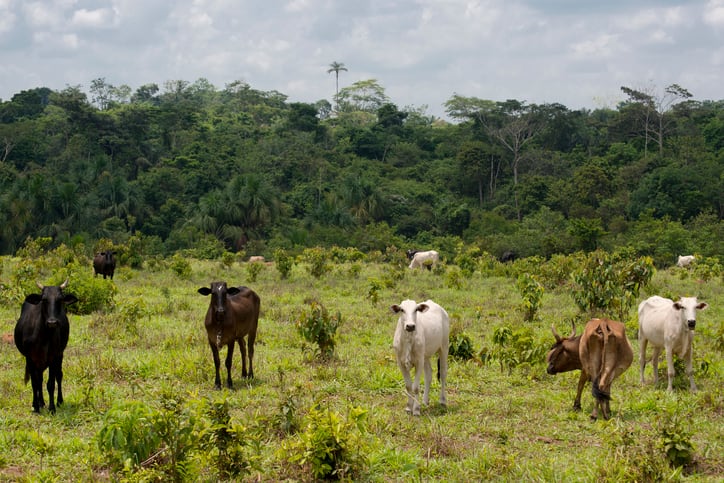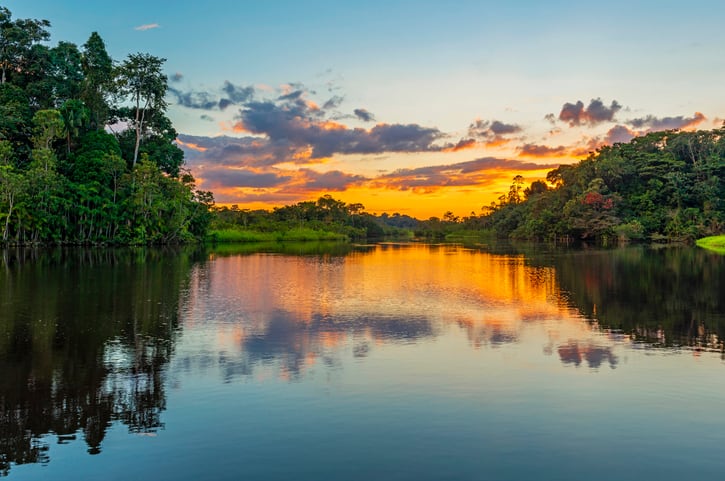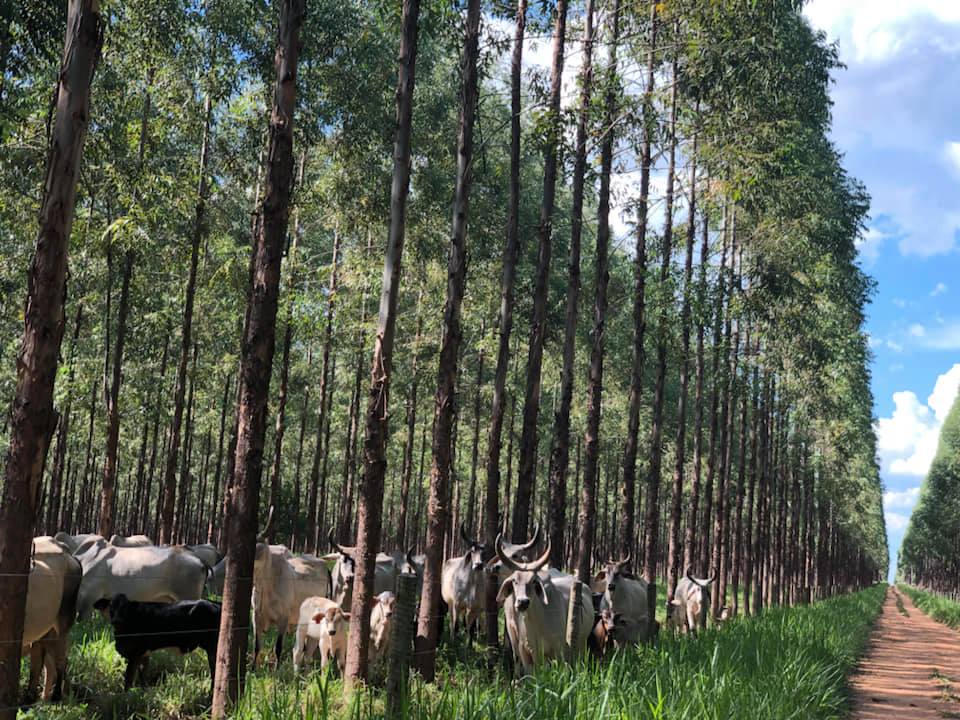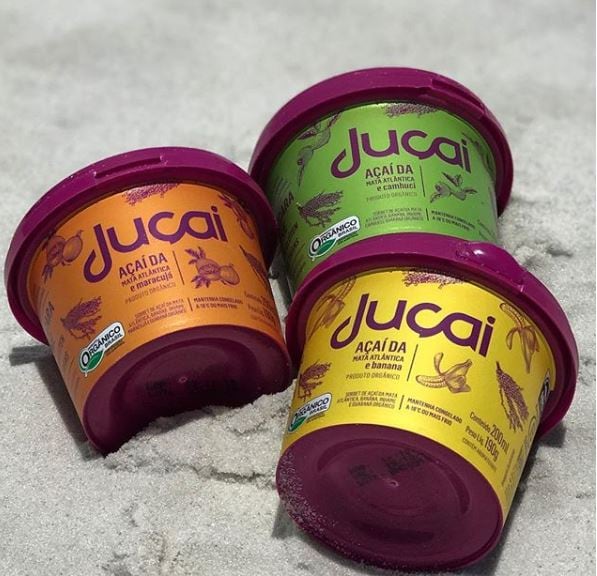Between 2004 and 2014, the federal government of Brazil introduced a range of measures to reduce farmers’ incentive to clear land in the Amazon, including penalties for deforestation, and state-subsidized, low-interest access to finance for farmers implementing sustainable practices.
According to the findings of a recent, open-access study, which go against claims made by some agri-food stakeholders, these policies actually made existing Amazonian farmland more productive by encouraged new practices.
Farmers began to double crop more – planting corn after the soybean harvest, for instance. This practice increased from 340,000 ha in 2001 to more than 4.3 million hectares in 2013.
Improved pasture management also meant cattle farmers doubled the number of cattle slaughtered per acre each year, increasing their income.
Both these forms of intensification - if done in a responsible manner - are potentially beneficial because they help spare land for carbon storage and biodiversity while still meeting global demands for more food, argue the US researchers, led by Rachael Garrett, assistant professor at Boston University's department of earth and environment.
(It is a delicate balancing act, however. If farmers increase yields by using more agro-chemicals, for instance, they could pollute the air and water resources.)
Stringent conservation regulations necessary
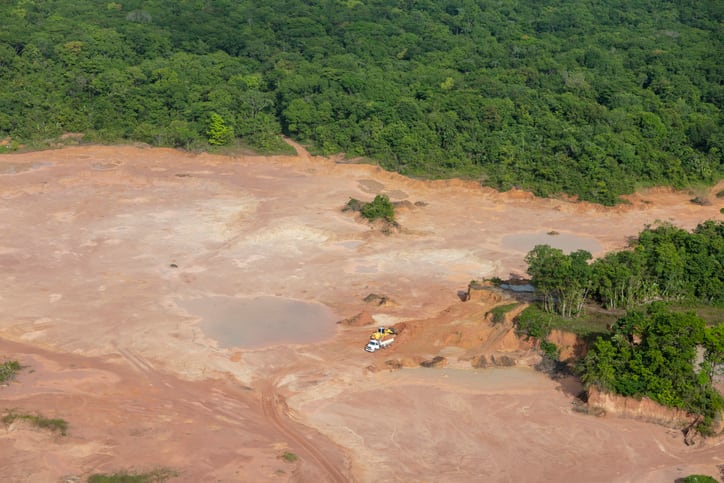
The researchers used econometric analysis of remotely sensed and agricultural survey data to study crop and pasture intensification in Mato Grosso, the largest soy and cattle producing state in Brazil.
Mato Grosso spans the Amazon and Cerrado ecological biomes, areas of high biodiversity and ecological importance that have experienced some of the highest levels of deforestation, due to pressure from encroaching agriculture.
They wrote: “These results suggest that targeted investments in supply chain infrastructure in the Amazon frontier could promote intensification and relieve pressure to clear forests.”
However, intensification must occur in forest regions with stringent conservation requirements, such as long-term disincentives for deforestation, better public forest governance, and private sector zero-deforestation commitments.
“If intensification increases the profitability of agricultural activities in or close to forested areas and strong conservation restrictions are not in place, then farmers may have greater incentives to clear land for cropland or pasture expansion,” they warned.
Follow-up research also showed that many of the farmers attributed their increased productivity to the environmental regulations.
"Many cattle ranchers did think that the strengthening of environmental regulations in the Amazon had reduced opportunities to clear land and increased their desire to add value to their existing cleared land by intensifying [or] improving yields," Garrett said.
'Bolsonaro's intentions are a no-win for society'
Writing in The Conversation, Garrett praised Brazil’s progressive environmental protections established by previous governments that even influenced private companies' sourcing policies.
“Since 2006, hundreds of multinational food and timber companies, including Cargill and Nestle, have adopted 'zero-deforestation commitments' – pledges that they will never again source products from farmers who continue to deforest their land," she wrote.
The researcher is now worried that far-right president Jair Bolsonaro's plants to dismantle the country’s environmental laws could encourage these companies to abandon their zero-deforestation commitments.
"Bolsonaro’s intentions to loosen environmental protections in the Amazon are a no-win for society," she told FoodNavigator-LATAM. "These protections have helped protect a critical ecosystem that the world depends on for carbon storage, rainfall, and biodiversity protection, and have encouraged farmers to become more productive, which brings income benefits to them and economic development opportunities to their towns."
In January, the government's chief of strategic affairs, Maynard Santa Rosa, announced plans for massive infrastructure projects in the Amazon and vowed to transform the unproductive region into a productive one.
Meanwhile, last week, Bolsonaro met with US President Donald Trump on his first trip outside Brazil to meet with a foreign head of state. During the visit, the US Agency for International Development (USAID) and the Brazilian Ministry of the Environment (MMA) signed a letter of intent “to work toward the launch of the first-ever biodiversity-focused impact-investment fund for the Brazilian Amazon".
The fund will be largely financed with private sector capital.
‘Agribusiness companies are critical partners’
Garrett et al. suggest agribusinesses should consider intensification as a critical mechanism to reduce deforestation risk within supply chains.
“Agribusiness companies are critical partners in the development of zero-deforestation policies in South America, yet currently most efforts aimed at engaging these companies in conservation are focused on helping them develop guidelines for avoiding products associated with deforestation," they write.
“Since intensification on the existing land area is a key step in helping to minimize unanticipated leakage effects to other regions, actors, and commodities, these agribusinesses should also be engaged in providing support for intensification, particularly within cattle production systems."
Sustainable and ecological intensification – increasing food production while simultaneously improving soil health and using nutrients more efficiently – is possible, and there are numerous ways the food industry can participate, they wrote.
These include providing technical and financial support for integrated crop and livestock systems as well as better animal nutrition and welfare, and price premiums for higher quality beef and soy.
Garrett encouraged manufacturers to only source from regions and farmers in Brazil that have not recently deforested their land (this can be verified with via satellite records) and are compliant with existing environmental and social regulations.
One way to do this is by only buying from certified sustainable producers, or by extending the Soybean Moratorium or G4 Cattle Agreements beyond the Amazon, she said.
Source: Global Environmental Change
Available online ahead of print, November 2018, doi.org/10.1016/j.gloenvcha.2018.09.011
“Intensification in agriculture-forest frontiers: Land use responses to development and conservation policies in Brazil”
Authors: R. D. Garrett, I. Koh et. al.

